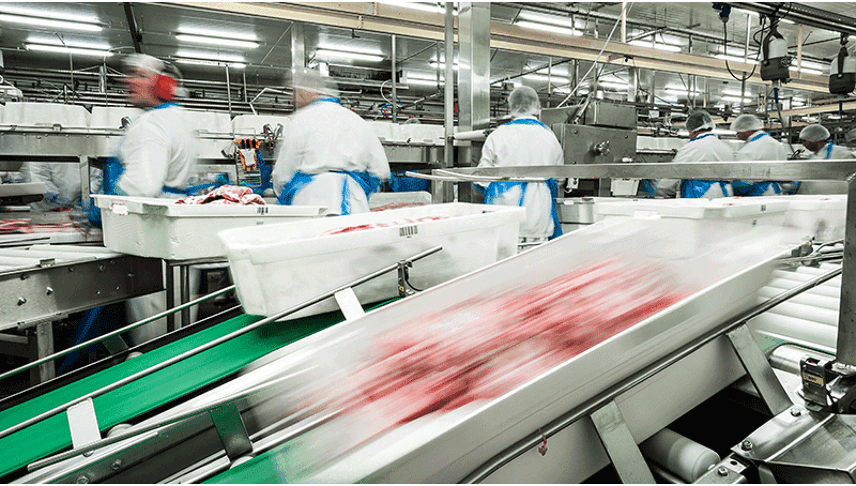Register for free and continue reading
Join our growing army of changemakers and get unlimited access to our premium content

These are some of the damning findings of a new analysis from Ceres, carried out to assess the readiness of large food businesses for climate transition planning.
Ceres found that only 27 of the 50 firms engaged in its food climate initiative are disclosing indirect (Scope 3) emissions from purchased goods and services. This is despite the fact that these emissions typically account for at least 80% of the greenhouse gas footprint of businesses of this size and sector.
Without measuring and disclosing these emissions, Ceres has stated, businesses will be unable to develop credible transition plans to achieving science-based emissions reductions.
Of the 27 firms that are disclosing their Scope 3 emissions, none are implementing all of the disclosures and strategic changes that Ceres deems “key” to a robust transition plan.
For example, none are aligning their spending plans with the delivery of their climate targets, and none have a formal process to address emissions resulting from mergers and acquisitions.
Moreover, two-thirds do not have a business-wide strategy aligning innovation and financial growth with climate plans. Companies lacking this strategy include Kraft Heinz, McDonald’s, Walmart and Wendy’s.
Report author Nako Kobayashi said that while more businesses are setting top-line emissions targets, these are “not translating into robust and transparent actions”. While setting science-based environmental goals is “a start”, Kobayashi said, investors and other stakeholders are increasingly seeking information on how corporates will achieve them.
Earlier this year, CDP revealed that less than half a percent of 18,600 companies that disclosed climate information through its platform last year have a credible climate transition plan to net-zero by mid-century.
The UK is set to be the first country to mandate climate transition plans, starting with the largest firms in the highest-emitting sectors. The initial plan was to introduce mandatory disclosures in 2023, but this is now unlikely. Businesses are being encouraged to produce plans on a voluntary basis this year and to post a full update in 2026.
Given that other nations followed the UK in enshrining a net-zero target in law and in mandating climate risk disclosures from certain businesses, we can expect transition plan mandates to gain momentum globally in the coming years.


Please login or Register to leave a comment.